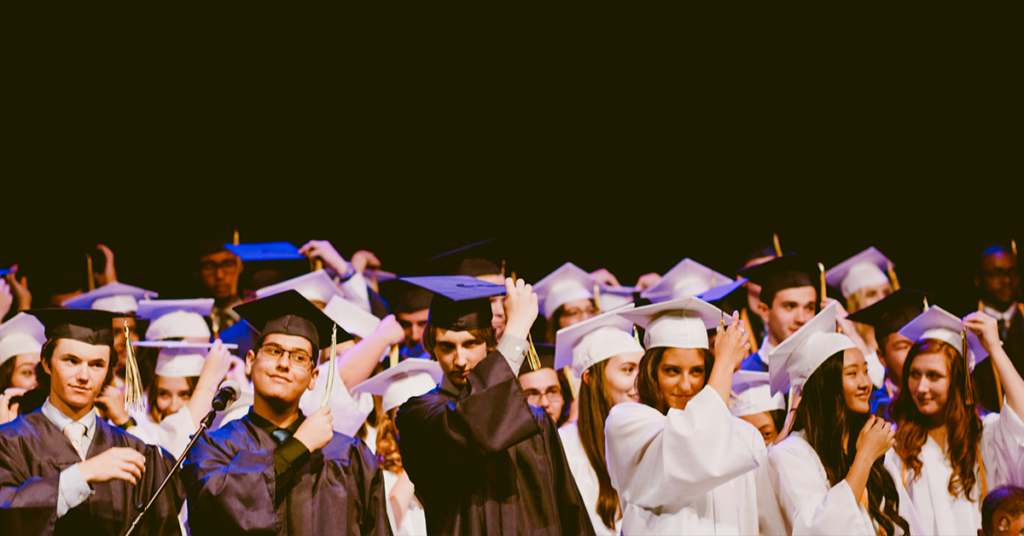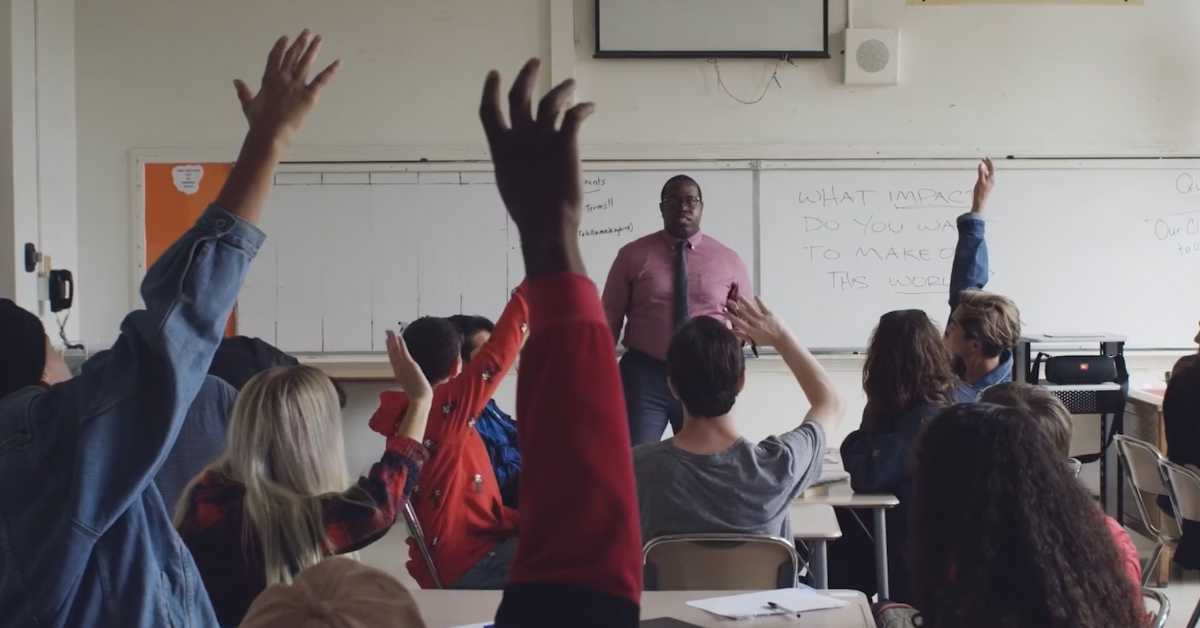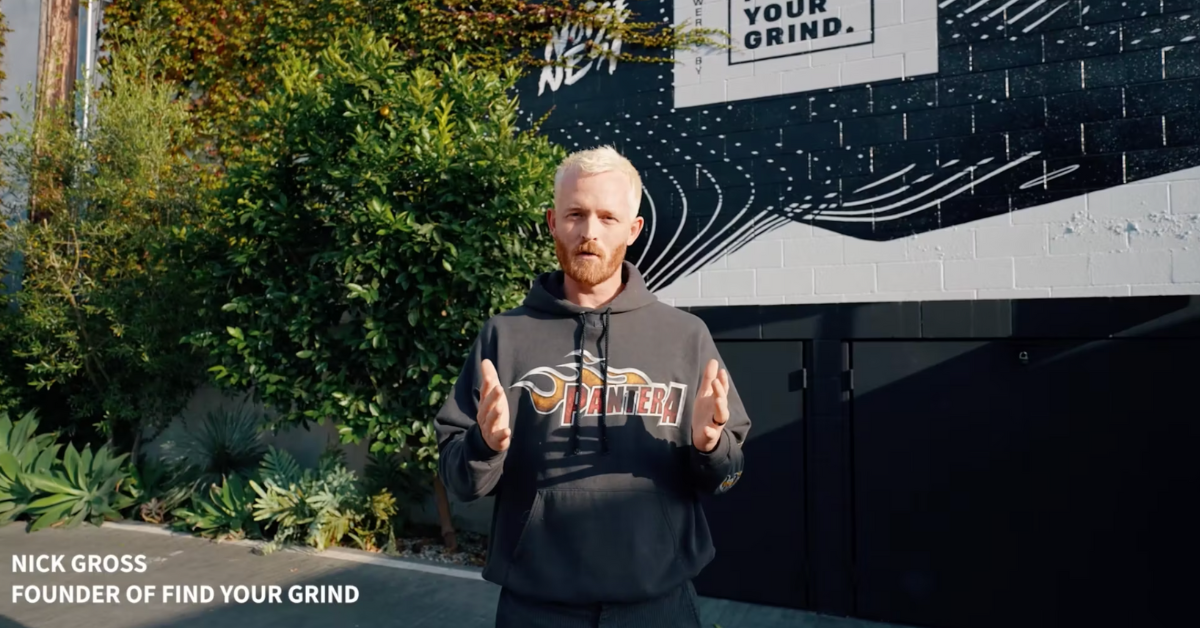March 31, 2024 | Harold Hare
Confronting the Crisis of College Readiness
Our high school seniors are at a critical turning point. Their transcripts might suggest they’re ready for college, but a troubling disconnect exists between their academic record and their demonstrated abilities. It’s time to take a hard look at how we grade, how challenging our curriculum is, and what “future-ready” really means.

Challenges in College Preparation
In a recent article published by We Are Teachers, high school seniors have the lowest ACT/SAT scores in 30 years, with only 21% meeting all four college readiness benchmarks. The misalignment between preparedness and academic capability is highlighted by the fact that over 89% of high school students received A’s or B’s in core subjects, suggesting a significant grade-ability mismatch. The pandemic has exacerbated these issues, leading to inflated grades and relaxed testing requirements, with some districts resorting to rounding grades up and eliminating exit exams. Consequently, colleges have adapted to test-optional policies, complicating academic assessment. The rise in remedial coursework at the college level is a symptom of broader issues originating in high school curricula.
Prioritizing Lifestyle-First Education
To effectively tackle these challenges, it is crucial to reassess grading practices, elevate the rigor of high school education, and broaden the definition of college readiness beyond conventional test scores. However, the key to a sustainable solution begins with prioritizing students’ lifestyle aspirations. Recognizing that education should serve to equip students for the lives they envision, it is imperative to adopt a lifestyle-first approach. This approach underscores the significance of aligning educational curricula with students’ individual goals and values, ensuring that college seamlessly integrates with and enhances their chosen lifestyles. By embracing this mentality, educational institutions can empower students to pursue their passions and aspirations while preparing them for future success.

The Impact of Future-Ready Learning
Designing curricula that prioritize comprehensive skill development and personal growth is important because it fosters a culture where students explore themselves and feel empowered. Students need to be put in a position where they value their adaptability, creativity, and critical thinking—qualities essential for success in diverse academic and professional settings. The Future Ready Curriculum is firmly grounded in self-discovery, career exploration, and the development of 21st-century skills, prioritizing progressive learning cycles and Social Cognitive Career Theory. Through the research-based 6-12 curricula, students engage with a robust library of mentors, gaining insights from diverse perspectives and real-world experiences. Find Your Grind emphasizes long-term growth, ensuring students develop transferable skills and adaptable mindsets crucial for success in various pathways, thereby echoing the imperative to redefine college readiness and prioritize students’ lifestyle aspirations.
Are you an educator or administrator & want to learn more? Schedule your personalized demo now.


